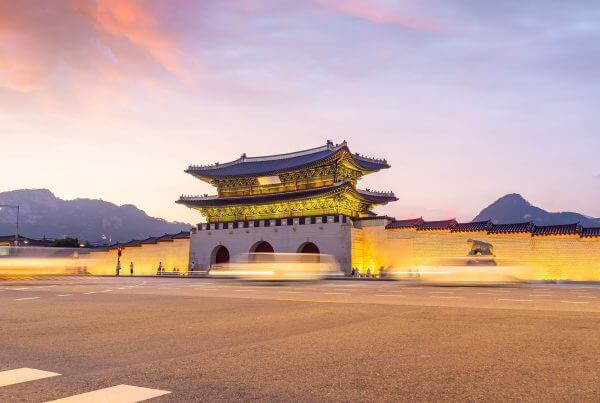Key Points
- South Korea has extended the temporary exemption from the Korea Electronic Travel Authorization (K-ETA) requirement for travelers from 67 countries until December 31, 2025.
- This extension aims to stimulate the tourism industry as part of the “Visit Korea Year 2023–2024” initiative.
- Travelers from exempt countries can enter South Korea for tourism or business without obtaining a K-ETA during this period.
Overview
To bolster tourism and facilitate international travel, South Korea’s Ministry of Justice has announced the extension of the temporary exemption from the Korea Electronic Travel Authorization (K-ETA) requirement for citizens of 67 countries. Initially set to expire on December 31, 2024, this exemption will remain in effect until December 31, 2025.
Background on K-ETA:
Introduced in September 2021, the K-ETA is an electronic travel authorization that travelers from visa-exempt countries had to obtain before entering South Korea. The system was designed to enhance security and streamline entry procedures. However, to encourage tourism during the “Visit Korea Year 2023–2024,” the government temporarily waived this requirement for select countries.
Details of the Extension:
- Duration: The exemption period is extended from January 1, 2025, to December 31, 2025.
- Eligible Countries: This exemption applies to travelers from 67 countries, including the United States, United Kingdom, Japan, Germany, Canada, and Australia.
- Purpose of Visit: The exemption applies to short-term visits for tourism or business purposes, typically allowing stays of up to 90 days.
Implications for Travelers:
Citizens from the exempted countries can continue to enter South Korea without applying for a K-ETA, simplifying travel plans and reducing pre-departure administrative tasks. However, travelers who wish to expedite their entry process may still apply for a K-ETA, which allows them to bypass the arrival card requirement upon entry.
Recommendations:
- Verify Eligibility: Before planning your trip, confirm that your country is included in the exemption list by consulting official South Korean government sources or the nearest South Korean embassy or consulate.
- Stay Informed: Travel policies can change; therefore, it is advisable to check for the latest updates on entry requirements as your travel date approaches.
- Consider K-ETA Benefits: Even if exempt, obtaining a K-ETA may offer conveniences, such as expedited immigration processing.
Looking Ahead
For Travelers:
- Plan Accordingly: Utilize the extended exemption period to visit South Korea without needing a K-ETA, but remain aware of any policy changes.
- Prepare Documentation: Ensure all other entry requirements, such as valid passports and, if necessary, visas for extended stays or other purposes, are in order.
This extension reflects South Korea’s commitment to revitalizing its tourism sector by making travel more accessible and convenient for international visitors. Travelers and industry professionals can take full advantage of these relaxed entry requirements throughout 2025 by staying informed and prepared.
Sources: Consulate General of the Republic of Korea in New York and Korea.net






